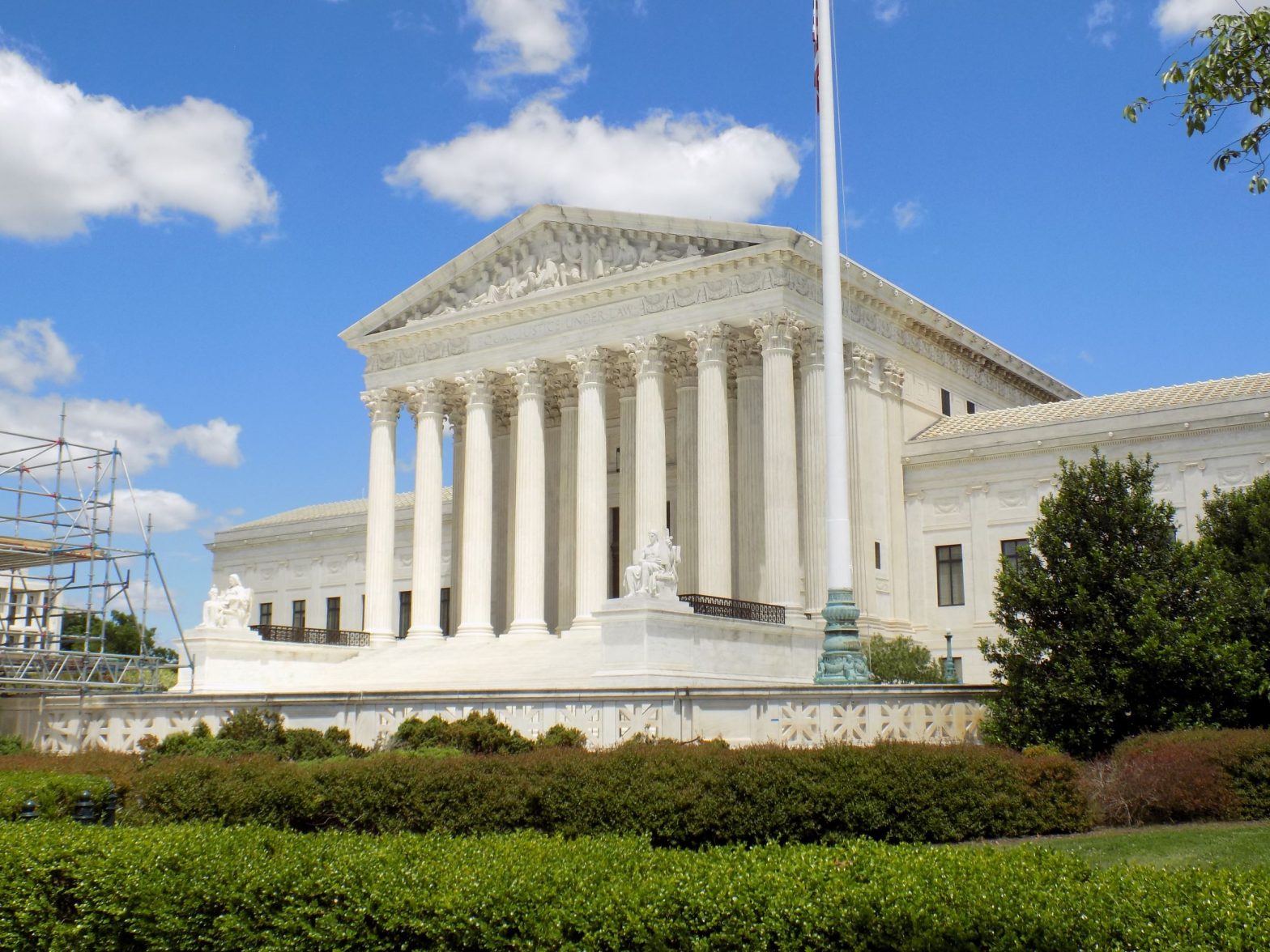Supreme Court Agrees to Take Up Major Abortion Rights Case

WASHINGTON – The Supreme Court agreed Monday to hear an abortion case next term that could dramatically alter abortion jurisprudence.
In 2018, Mississippi enacted a law that banned abortion after 15 weeks of pregnancy. It was one of a wave of similar laws passed in conservative, largely Republican-controlled states, with the hope that controversies surrounding one of these laws would trigger a reconsideration of Roe v. Wade, the 1973 decision confirming a woman’s right to an abortion.
The Mississippi law was immediately blocked by a federal district court judge, and the 5th U.S. Circuit Court of Appeals later affirmed the lower-court ruling invalidating the law.
“States may regulate abortion procedures prior to viability so long as they do not impose an undue burden on the woman’s right, but they may not ban abortions. The law at issue is a ban,” wrote U.S. Circuit Judge Patrick Higginbotham.
In its petition for a grant of certiorari, Mississippi said it’s not asking the court to overrule Roe v. Wade or a decision handed down 19 years later that reaffirmed it; the state says it merely wants to be allowed to enforce its law.
But abortion rights supporters have been leery of the case from the start. The main reason for this is with three justices appointed by former President Donald Trump, the court now has a 6-3 conservative majority — theoretically increasing the odds the court would side with Mississippi.
If they did — even without a backward glance at Roe v Wade — many fear a decision favorable to the state could lay the groundwork for allowing more restrictions on abortion, including state bans on abortion once a fetal heartbeat is detected — as early as six weeks.
In the meantime, Mississippi’s only abortion clinic, Jackson Women’s Health Organization, remains open.
Dr. Jen Villavicencio, a fellow at the American College of Obstetricians and Gynecologists, told The Well News that she agreed with the 5th Circuit’s assessment that the Mississippi law is effectively a ban.
“The concern is that if this law is upheld, other states will pursue similar laws, further restricting patient access to needed, essential healthcare,” Villavicencio said.
In Roe v Wade, the Supreme Court ruled 7-2 that the Due Process Clause of the Fourteenth Amendment to the U.S. Constitution provides a “right to privacy” that protects a pregnant woman’s right to choose whether or not to have an abortion.
But it also ruled that this right is not absolute, and must be balanced against the government’s interests in protecting women’s health and protecting prenatal life.
The court resolved this balancing test by tying state regulation of abortion to the three trimesters of pregnancy: during the first trimester, governments could not prohibit abortions at all; during the second trimester, governments could require reasonable health regulations; during the third trimester, abortions could be prohibited entirely so long as the laws contained exceptions for cases when they were necessary to save the life or health of the mother.
Under the Mississippi law, doctors would be barred from performing abortions after 15 weeks’ gestation. The law also provides that performing an abortion after this period is grounds for the nonissuance, suspension, revocation or restriction of a medical license or the denial of reinstatement or renewal of a medical license.
The law does allow for exceptions for medical emergencies and “severe fetal abnormality,” but does not allow abortions in cases of incest or rape.
“There are many reasons why someone may need an abortion after 15 weeks of pregnancy, including not having known they were pregnant, having had to contend with other barriers to get abortion care that take time, or circumstances for their health or lives may have changed, leading them to needing an abortion. This law would leave those patients without the ability to secure safe, legal abortion care in their time of need,” said Villavicencio.
The justices will likely take up the Mississippi case early in their next term, which begins in October. That would mean a decision on the case will likely be handed down in the late Spring or early Summer.

























